By: Charkesskii Transou
Religious trauma involves the influence of religion on the individual’s identity, confidence, and perspective. Trauma from spiritual influences can result in the person placing extreme expectations on oneself and feeling condemned and unworthy. The risk of this type of trauma increases amongst individuals in the LGBTQ+ community, where same-sex attraction may be labeled as a sin. Other at-risk populations may include unwed mothers and homes where physical abuse occurs.
As we age and mature, it can be common to reflect on existence and one’s purposes on Earth. Such ideology is typically shunned in religious communities. These thoughts of doubt may be seen as disrespectful to the higher power and reaching out to elders can be intimidating.
One cannot simply envision a life that does not tie heavily to the church or sacred gatherings. Much like other forms of trauma, religious customs become generational curses. Religious trauma may not be easily identified as it has become very normalized within the individual’s culture. The inability to actively recognize the symptoms and effects of religious trauma may make this the most easily hidden trauma.
So, what are the symptoms associated with religious trauma and how do we address this issue within our lives, home, and society? Common symptoms of religious trauma syndrome, as stated by Dr. Marlene Winell, are confusion, depression, anxiety, anhedonia, social disruptions, challenges with intimacy and social interactions, nightmares, eating issues, disconnection from the secular world, and intense pressure on perfectionism. The weight of meeting the expectations of one’s beliefs or pleasing spiritual leaders can cause a poor sense of self-efficacy and self-worth. Separation from spiritual beliefs and the community can feel nearly impossible. When separation is accomplished, feelings of depression, panic, guilt, shame, and fear may occur.
Healing began with recognition, and this could be a tricky first step. The personal experience of growing up in church with a deacon grandfather has demonstrated the impact that religion alone has on development, especially from adolescence to young adulthood. Common, healthy experiences, such as sexual exploration and fluidity, felt disgusting and overwhelming even in adulthood. Having the inquisition of creation and existential ideas felt shameful. Attempts to explore such thoughts led to confusion and being silenced in fear of embarrassment. How does a child, raised to be obedient and respectful in the presence of adults, push back?
While religion is noted to be a protective factor for certain behaviors or experiences, it also can become a risk factor for others. This makes the distinction between religious trauma difficult. Cultural acceptance of religious trauma can be the biggest barrier to freeing oneself from harmful thinking and/or behaviors. The knowledge of religious trauma should be more commonly known. Additionally, true self-reflection may be the key to breaking the unhealthy cycle of religious trauma and protecting young generations from such an experience and internal turmoil.
References
https://www.choosingtherapy.com/religious-trauma-syndrome/
https://www.daretodoubt.org/religious-trauma-syndrome


